Being focused on the date of events leaves us to define outcome-based goals. These goals may be a placing, a finish time, etc. But remember, outcome-goals all stem from process-goals.
The ability to define your process goals ensures you make process improvements and view athleticism from a holistic perspective. Remember that Process-Goals + Performance Measures = better odds of achieving outcome goals. Taking TEC advice from the article The Case for Slowing Down, here is a checklist of biological clues you are overtraining.

Sleep Interruptions
It may be an indication that you have been training too hard if you wake up feeling more exhausted than when you went to bed.
Resting Heart Rate Changes
Keep a record of your heart rate on good days, so that you can compare it with other days. You may need a break if you notice a big difference in your resting heart rate, up or down.
Illness & Injury
If you notice that you seem to be ill and/or injured more than usual, or even repetitively overtraining could be the culprit. Review your training schedule, when was the last time you gave yourself adequate rest and recovery?
Performance Decline
Are you not performing at a level that you usually do? If basic performance levels seem to be falling short again, you may need to take it down a notch.
How would you like $80 to spend on any nutrition brand or product that you love? That’s right, your newest perk is a $80 annual credit at The Feed. The largest online store for endurance athletes.
It is simple to join the Thomas Endurance Coaching club at The Feed and takes less than 30 seconds.



